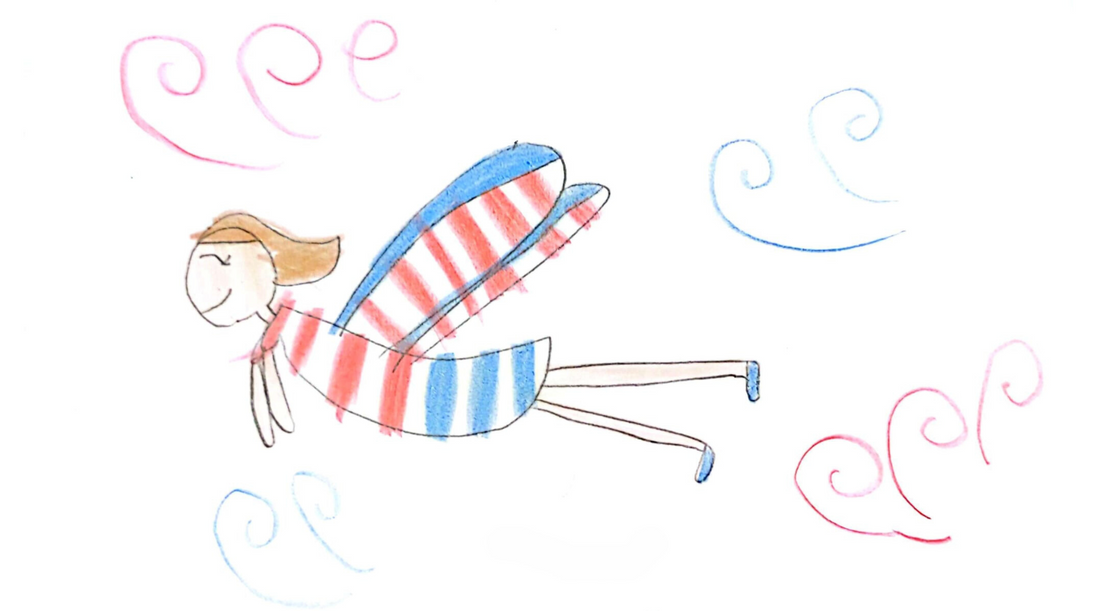I ran into an article this morning about Latino Heritage, as we are in the middle of Hispanic Heritage Month. The article was based on interviews with people who were asked what makes them Hispanic and also questioned whether it is just about speaking Spanish.
And this is a dilemma that truly fascinates me. As a Cuban immigrant myself, when I first arrived in the States, I met so many people who considered themselves Cubans and had never put a foot on the island. Some did not even speak Spanish, but mostly everyone loved Arroz congris and platanos maduros. And then I started to wonder what makes you Cuban? Are you more Cuban than your cousin just because you were born there? And this goes beyond Latin identity; the United States is a country rich in different cultures.
Then I had my daughter, and as a bilingual couple, we were wondering whether we should speak to her in English or in Spanish. I started to read about it and talked to some colleagues who specialized in language development, and this was the outcome of my research: Parents should speak to their children in their own language; there are a variety of words and phrases, and the feelings we put into them, that are priceless. It is not just about the words but your heritage, the tone, and the rhythm of the language. You are passing your children the songs and stories your mom told you and your grandma told your mom. Some can be translated, but part of their soul would get lost in translation.
Infants typically begin to recognize their mother tongue or native language from a very young age. This recognition starts to develop shortly after birth. Research suggests that babies are born with the ability to distinguish between different speech sounds, and they can even recognize the sounds of their native language from other languages within the first few months of life.
By around six months of age, infants can start to show preferences for the rhythm, intonation, and speech patterns of their native language. They become more attuned to the specific phonemes and sounds of their language. This early language recognition sets the foundation for their future language development.
Some parents believe that speaking to their children in their native language may prevent them from learning English or confuse them as they enter preschool and kindergarten. While mastery of English is important for school success, research is showing that being fluent in more than one language can actually contribute to academic success.
In our experience, this worked well. In our house, we spoke Spanish, and Spanish became our daughter’s first language. It was a challenge to read books to her because finding children’s books in Spanish can be harder. Many times, we found ourselves doing automatic translation or just describing to our child what we see in the images.
It was worth it. Our daughter is now 7 and bilingual; she speaks fluently and switches from English to Spanish easily, which has not interfered with her academic success.
When she was able to communicate in English, she came home one day saying, “I’m sorry, Mom, but now I speak English”, and “Here it comes.” I thought I was preparing for this day as everyone had told me it would happen; I didn’t want to impose Spanish on her and then become a burden, so I offered it to her as a choice. I responded: “You don’t have to speak Spanish if you don’t want to, but you know what? You have a superpower; You can talk to people who speak Spanish and to people who speak English at just 4 years old. It took me many years to learn English as a grown-up, and I will never do it as well as you. We can speak Spanish at home and English with our friends and teachers. But the trick with this superpower is that if you stop practicing it, you will lose it.”
She was so excited to be a superhero that she never mentioned again wanting to speak Spanish. On the other hand, she is aware of her surroundings and looks for other superheroes. She is curious about different Spanish accents, which creates even more conversation about geography and different cultures.
I’m a huge advocate of raising bilingual children. Their brains are literally sponges that can absorb anything they are exposed to. Why not give them a heads-up in life? Without barely an effort, just talking and singing your grandma's songs and her stories, you are giving your child a skill for life.
Our culture, our food, our music, our stories, our words—it doesn’t matter where you come from; it is part of who you are. Sharing and passing it on to our children is an invaluable treasure we should not be ashamed of. It is just a matter of choice and consistency.

